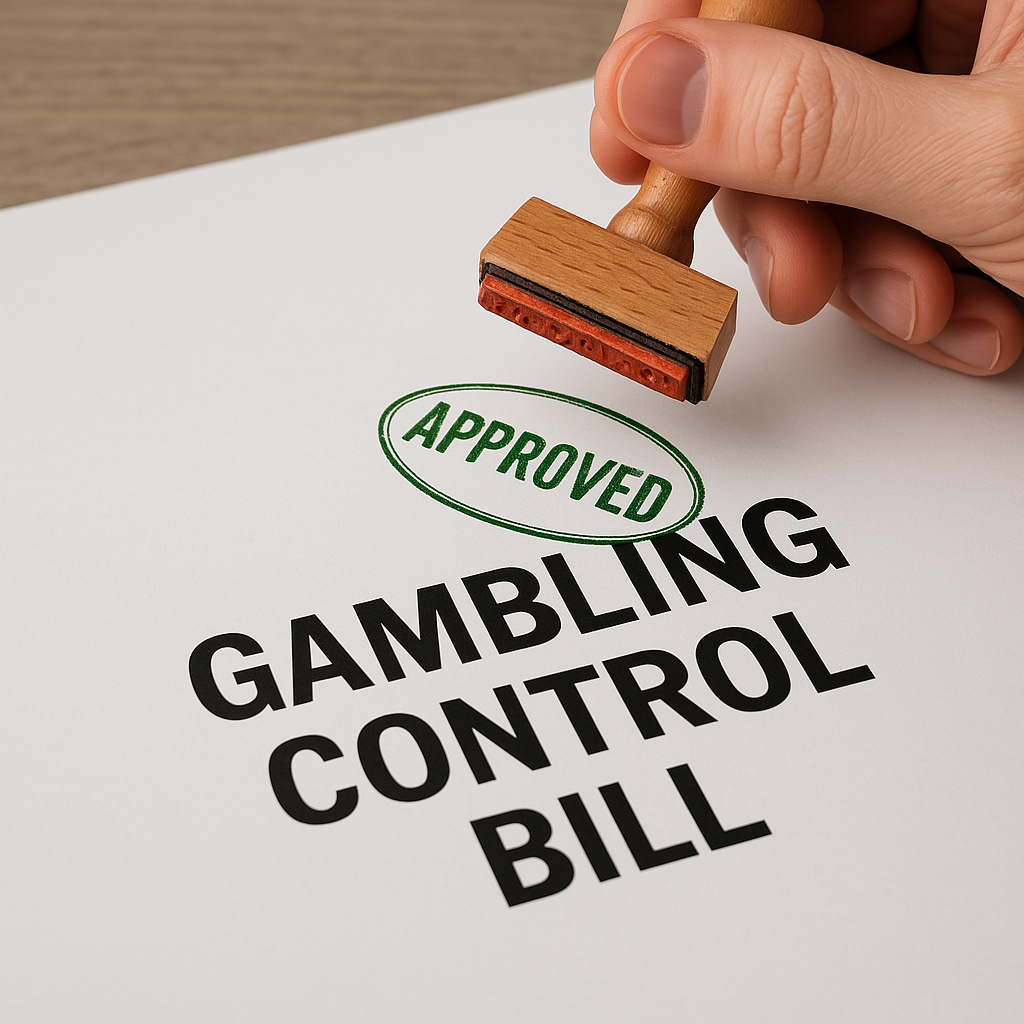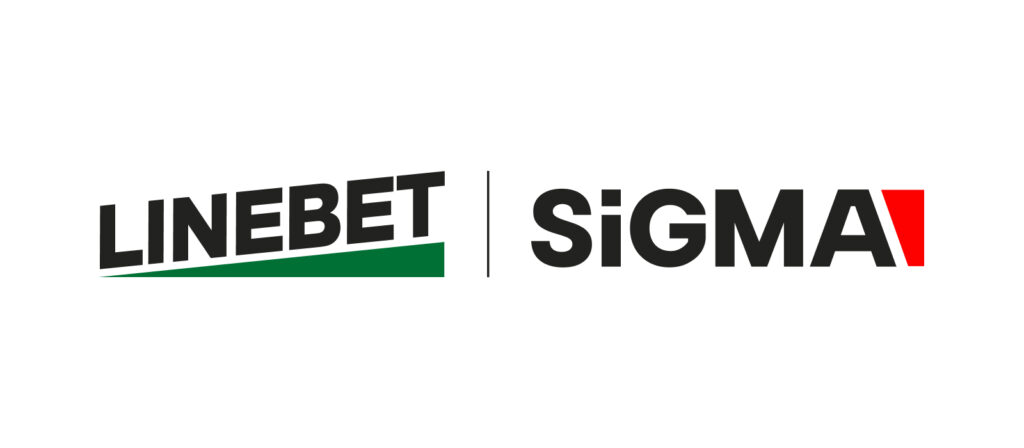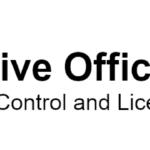Now Reading: Gambling Control Bill: What It Means for Kenya’s Betting Industry
-
01
Gambling Control Bill: What It Means for Kenya’s Betting Industry

Gambling Control Bill: What It Means for Kenya’s Betting Industry
Kenya’s Gambling Control Bill has stirred debate, and sparked strong reactions from the public, industry players and legislatures. Designed to tighten oversight of gambling activities, the bill went through mediation committee after multiple proposals were either rejected, modified, or upheld by both parliament and senate.
For anyone trying to understand what made it through and what didn’t, here’s a breakdown.
Licensing and inspection powers remain exclusively with the national authority.
County governments had their eye on more control, especially over licensing of lotteries and amusement machines.
- Clause 5 would have allowed counties to license certain gambling activities, but it was struck out.
- Clause 66 proposed letting county officers inspect casinos alongside national inspectors, but this was also rejected.
Read Also: Kenya Gambling Regulations and Laws: Updated 2025
Licensing and Regulation Stay Centralized
Several proposals aimed to limit the national authority’s licensing powers or reduce the Cabinet Secretary’s role. None were successful.
- Clause 10 tried shifting licensing duties to an oversight role focused more on tracking machines and tax compliance. Rejected.
- Clause 28 sought to block the authority from licensing staff and promotions that span multiple counties. Also rejected.
- Clause 119 would’ve removed the Cabinet Secretary’s powers to regulate the national lottery. Not approved.
- Clause 7 attempted to remove the Attorney General from the Regulatory Board. The AG stays, and only two new members can be appointed.
Gambling Control Bill and Foreign Operators: Tighter Conditions
Foreign Participation Allowed, but Not Loosely
The original proposal in Clause 79 would’ve let foreign companies participate without setting up physical operations in Kenya. The Senate pushed back, and won.
- Result: Foreign operators can still get involved, but they must meet stricter conditions, including local premises and regulatory compliance.
Read Also: BCLB Has Approved 99 Gambling Firms for 2025/2026
New Gambling Taxes? Not This Time
Major Tax Proposals Were Rejected
Attempts to introduce new taxes across different gambling formats failed to pass.
- Clause 123 tried amending four laws—only the change to the KRA Act survived. Amendments to income tax, excise duty, and national lottery laws were scrapped.
- Proposed 15% taxes on lotteries, betting, gaming, and prize competitions—through Clauses 57A, 63A, 66A, and 82A were all rejected.
Operating Hours Stay Open
A proposal in Clause 117A suggested limiting operating hours for gambling venues to 10:00 PM – 5:00 AM. That clause didn’t make it through mediation.
So: Gambling venues can continue operating without time restrictions under the bill.
Gambling Controll Bill: Operation Control
- Clause 11: Gave the Cabinet Secretary power to grant or revoke remote platform licenses.
- Mediated proposal: Keep clause as-is.
- Clause 31: Increased gambling license validity from 12 to 36 months.
- Adopted.
- Clause 64: Tried to reduce minimum single casino bet to 1 shilling.
- Rejected—clause retained as-is.
- Clause 87: Proposed loosening TV ad restrictions and lowering penalties.
- Rejected—rules remain firm.
- Third Schedule: Security for online gambling and lottery reduced from Ksh 200M to 20M.
- Mediated compromise: Set at Ksh 100M.
Penal Provisions
- Clause 71: Proposed reducing penalty for illegal low-value online bets from Ksh 5M to 50K.
- Mediated result: Set penalty at Ksh 3M.
In Summary
The Gambling Control Bill ultimately reinforces centralized regulation over Kenya’s gambling industry. Most proposals aimed at devolving powers, introducing new taxes, or tightening operating hours didn’t survive mediation. The national authority retains control over licensing, inspections, and regulatory decisions—while foreign players face more local requirements.
The mediation committee recommended that the house pass the mediated version.
Read Also: FKF Premier League Gets New Sponsor in Multi-Year Deal












